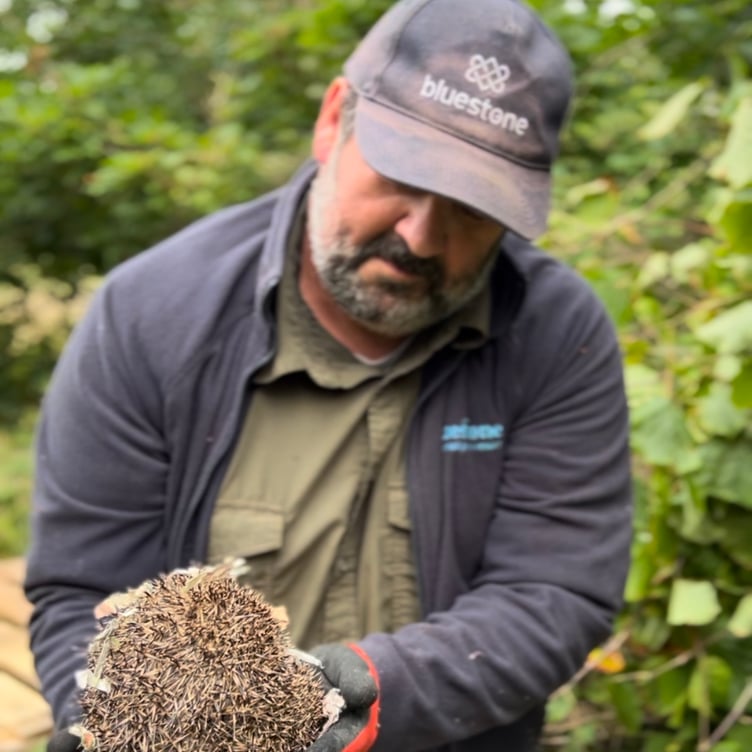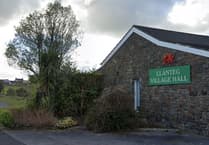Early indications of monitoring at the site of Bluestone National Park Resort show air quality at the holiday village in Pembrokeshire is on par with a monitor in its hometown of Narberth; one of 16 used by the UK Government in rural locations as a baseline for the cleanest air in the UK.
The five star holiday resort now invites public and private landowners across the UK and internationally to model its operation as a blueprint for improving biodiversity, as part of the solution in tackling the present nature and climate emergencies.

Professor Paul Lewis, chief scientific officer at environmental data company Health and Wellbeing 360, started monitoring the air quality at Bluestone in August 2024. He said:
“The monitoring being undertaken at Bluestone measures the concentration of tiny particles in the air known as PM2.5 from the likes of tiny specks of dust to pollen. Of the annual average PM2.5 measured over the last year across the 16 government monitoring sites, Narberth, Bluestone’s hometown, comes fifth, highlighting the better air quality in the area compared to many other parts of the UK.
Bluestone has a range of ESG initiatives which support social, economic and ecological resilience. The resort, located within Pembrokeshire Coast National Park, recognises the opportunity for biodiverse ecosystems to be created in otherwise barren land across the UK and beyond through the sharing of its operational blueprint. Having regenerated dairy farmland which was once an ecological desert into a tapestry of thriving nature reserve environments, its proven model is unique to other village holiday resorts which, conversely, build upon existing areas of beauty and then seek to sustain them.

Environmental scientist Marten Lewis led The Darwin Centre in Pembrokeshire before joining Bluestone National Park Resort to implement its founder William McNamara’s biodiversity visions. He said:
“We hear a lot about carbon reduction in the race to net zero and less about the importance of biodiversity but the two are inextricably linked. Our model of increasing biodiversity means the landholding is set to sequester, or capture, around 1591 tonnes of carbon over 30 years, over what the dairy farm it replaced would have done.
“The Adonis Blue Environmental Wildlife Trust Consultancy estimated that Bluestone’s site could achieve more than a 50% net gain in biodiversity managed for future generations,” he added. “We’re hoping to inspire landowners to follow suit using Bluestone as the blueprint. A biodiversity net gain of 50 percent is five times the ten percent introduced in February 2024 as required of most new developments in England.”
The resort has a five hectare 3.2MW solar farm positioned on historic silage pasture, has fully transitioned to BioLPG, provides electric buggies for guests, is electrifying its fleet of cars and vans, and uses Hydrotreated Vegetable Oil to fuel its tractors. Bluestone was the first business in the world to recycle nappies and use these in road surfaces on its site, has planted over 60 acres of native woodland since 2018, and attained the international Green Key award in recognition of its environmental standards.




